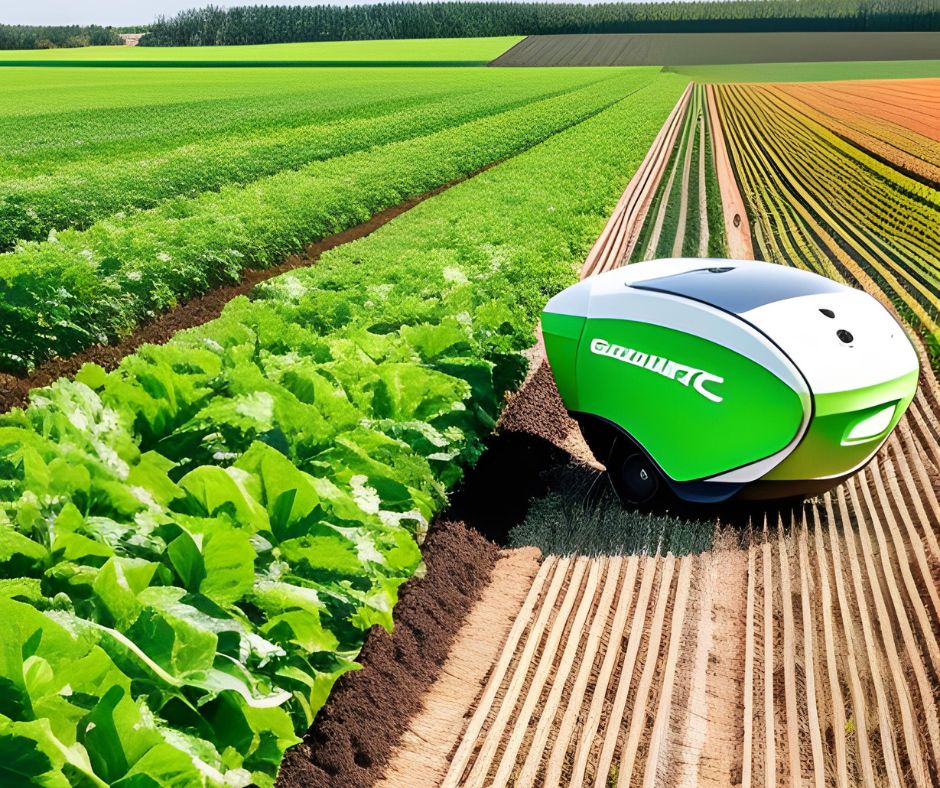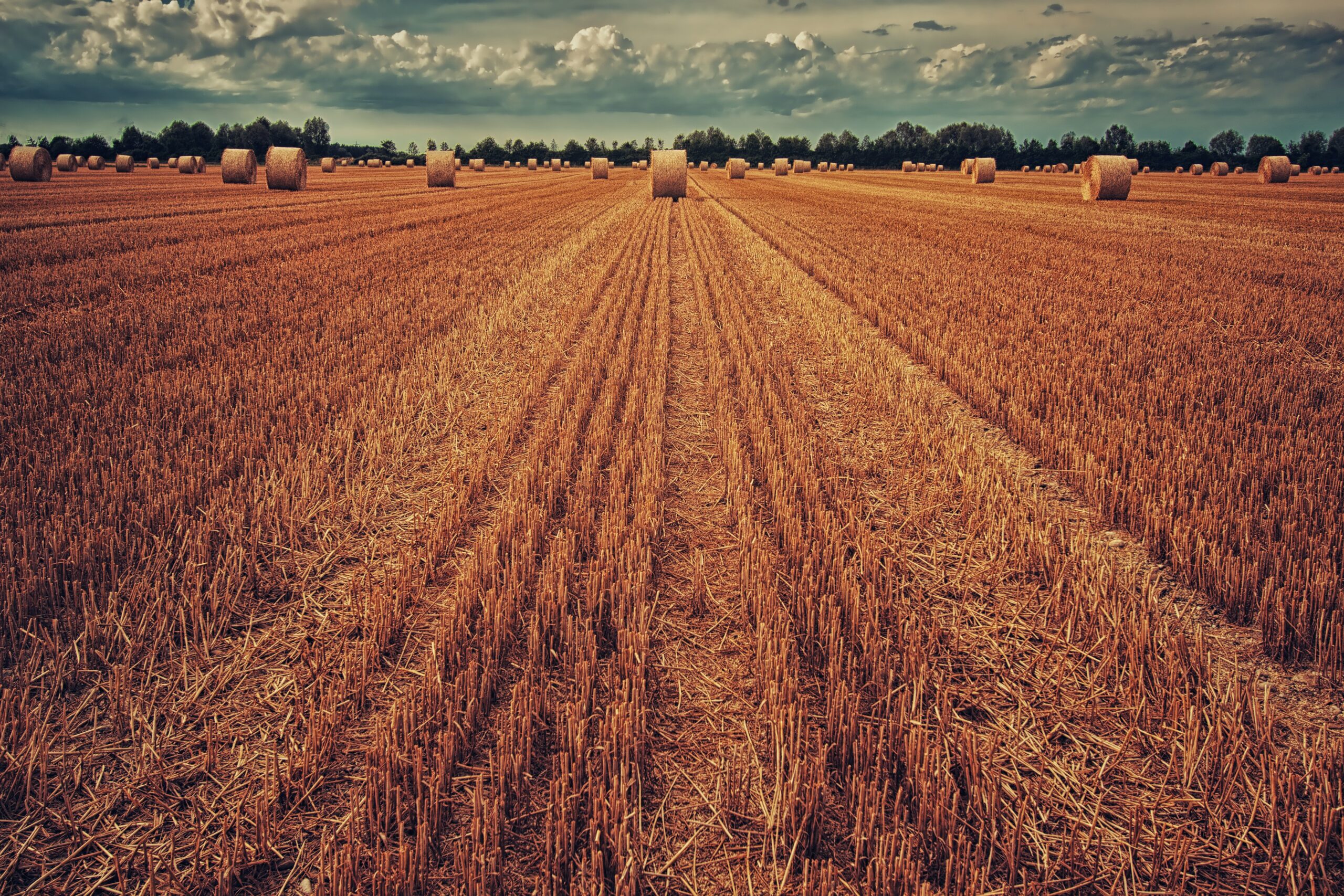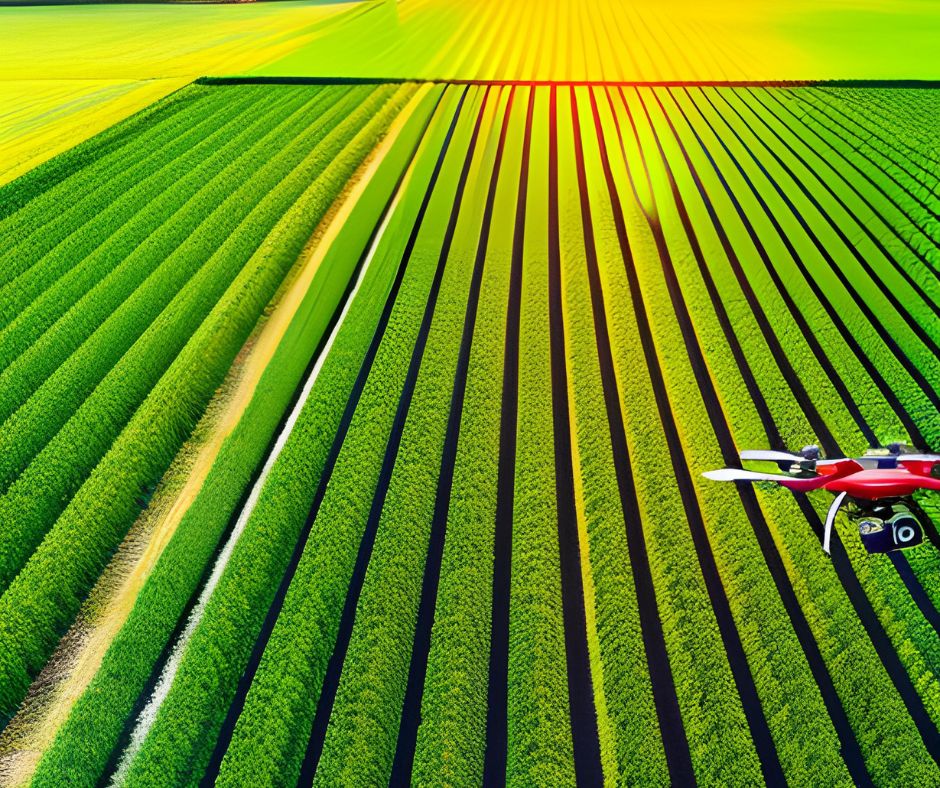In a bid to address the scarcity of water in the arid southeastern region, the Spanish government has made the decision to reduce the amount of water transported from the Tagus River for irrigation purposes. Spain holds a prominent position as one of the largest producers of fruits and vegetables within the European Union.
Farmers like Juan Francisco Abellaneda, who co-founded the farming cooperative Delior, play a significant role in the country’s agricultural exports. Abellaneda’s expansive 300-hectare fields near Murcia cultivate a variety of crops, including refreshing salads and juicy watermelons. These agricultural treasures grace the shelves of supermarkets across Europe all year round. To sustain their growth, Abellaneda relies on water sourced from the distant River Tagus, located hundreds of kilometers to the north.
By taking measures to manage water resources more efficiently, Spain aims to strike a balance between agricultural productivity and the pressing need for water conservation in the region.
However, as Spain confronts the harsh consequences of climate change, with three-quarters of the nation facing the threat of desertification, the government has taken a stance to restrict the water flow from the Tagus River to the southeastern Levante region.
“In this area, there are vast expanses of cultivated land. If the water supply is reduced by half, the consequences will be dire. Unattended areas will transform into deserts within a few decades, or even just a few years,” cautions Abellaneda.
Deprived of water, the land loses its ability to be irrigated, casting a shadow of uncertainty over the future. This uncertainty may force Abellaneda to make difficult decisions, potentially including staff reductions among the 700 employees working for the Delior cooperative.
“The presence of water is crucial for us. If it is taken away, this place will become nothing more than a barren desert,” laments Abellaneda.








